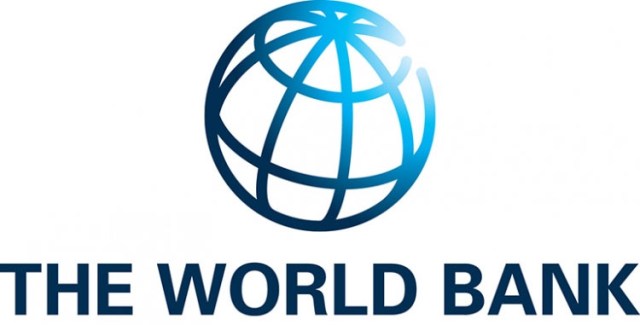New Delhi: The World Bank on Tuesday slashed its FY22 growth forecast for India to 8.3% from the 10.1% pace it estimated in April, as an economic rebound in the early part of this year collapsed. It projected a 7.5 per cent economic growth in the 2022-23 fiscal (April 2022 to March 2023).
“In India, an enormous second covid-19 wave is undermining the sharper-than-expected rebound in activity seen during the second half of FY2020/21, especially in services. With surging covid-19 cases, foot traffic around work and retail spaces has again slowed to more than one-third below pre-pandemic levels since March, in part due to greater restrictions on mobility,” World Bank said in its latest Global Economic Prospects report.
The projected growth compares to the worst ever contraction of 7.3 per cent witnessed in the fiscal year ended March 31, 2021 (FY21) and 4 per cent expansion in 2019-20.
Though many states have started easing the lockdowns imposed to break the chain of infections with the waning of the second wave of the pandemic, the massive job loss and depressed consumer sentiment have forced most professional forecasters to revise their growth projections to slower than 10% for FY22. The government has announced free foodgrain for the poor but has desisted from declaring any stimulus package yet.
Economic activity in FY22 will benefit from policy support, including higher spending on infrastructure, rural development, and health, and a stronger-than-expected recovery in services and manufacturing, the World Bank said. “Activity is expected to follow the same, yet less pronounced, collapse and recovery seen during the first wave. The pandemic will undermine consumption and investment as confidence remains depressed and balance sheets damaged. Growth in FY2022/23 is expected to slow to 7.5% reflecting lingering impacts of covid-19 on households, corporate and bank balance sheets; possibly low levels of consumer confidence; and heightened uncertainty on job and income prospects,” it added.
In India, the FY22 budget marked a significant policy shift toward higher expenditure targeted at healthcare and infrastructure to boost the post-pandemic recovery, the World Bank said.
“The government announced health-related spending would more than double and set out a revised medium-term fiscal path intended to address the economic legacy of the pandemic. Following deteriorating pandemic-related developments, the Reserve Bank of India announced further measures to support liquidity provision to micro, small, and medium firms and loosened regulatory requirements on the provisioning for non-performing loans. The renewed outbreak, however, may require further targeted policy support to address the health and economic costs,” it added.







